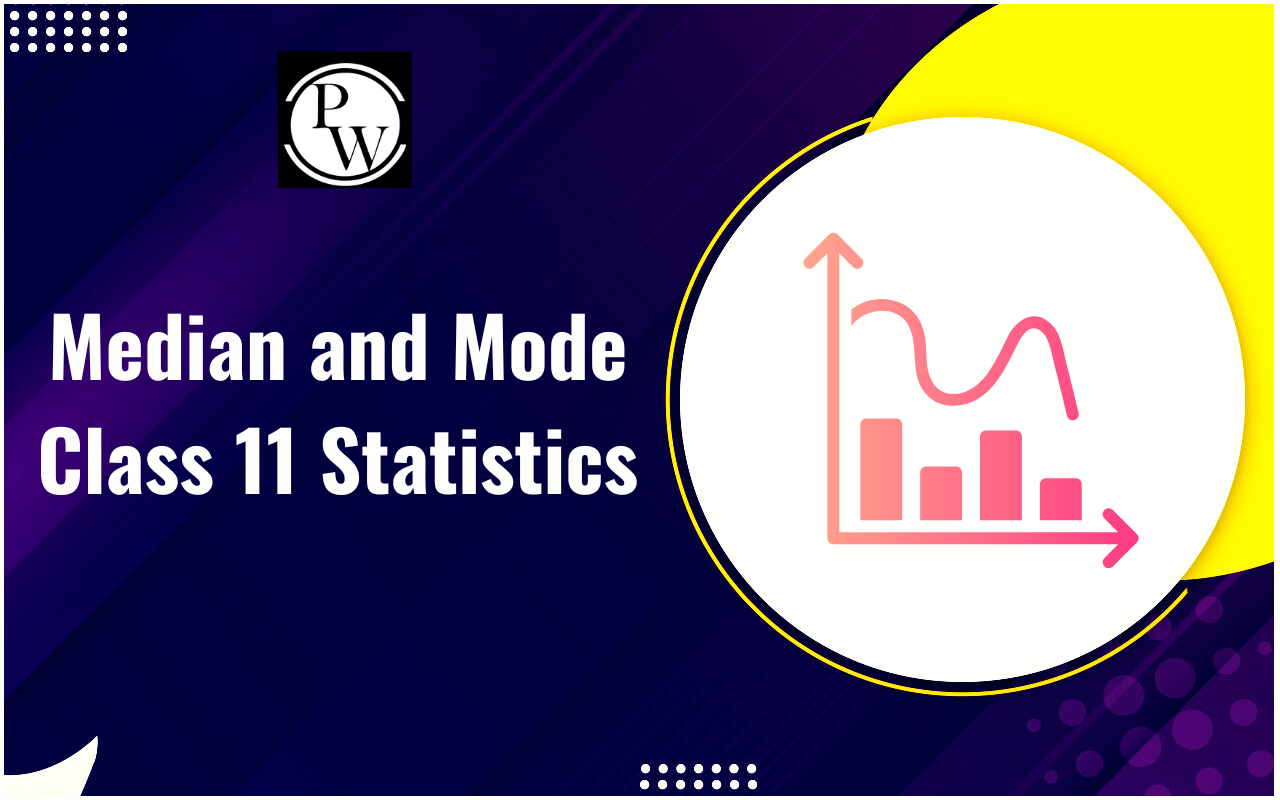
Unregulated markets, where goods and services are exchanged without direct oversight from a governing regulatory body, are an integral part of global economic systems. While they offer significant flexibility and innovation, they also present unique challenges such as potential exploitation and lack of transparency. This blog checks the nature, impacts, advantages, and disadvantages of unregulated markets, and takes a closer look at their operation through real-world examples and case studies.
What Are Unregulated Markets?
Unregulated markets operate without a specific regulatory authority overseeing the transactions. Instead, the terms of trade are determined by agreements between the parties involved, often adhering to mutually accepted principles. These markets are also referred to as private markets or alternative market items since the offering process typically remains private and tailored to specific audiences. In Kenya, for example, Section 21 of the Capital Markets (Securities) (Public Offers, Listings, and Disclosures) Regulation, 2002 outlines nine essential requirements for issuing a private offer, highlighting the importance of structure even in less regulated markets.Characteristics of Unregulated Markets
Below we’ve mentioned some characteristics of it: Lack of Oversight: There are no formal rules or regulations governing the transactions. High Volatility: Prices and availability of goods and services often fluctuate based on demand and supply dynamics. Risk of Exploitation: Participants may face unethical practices such as price gouging or low-quality goods. Flexibility: Buyers and sellers can negotiate terms without interference. Informality: Transactions may occur outside the formal financial system.Advantages of Unregulated Markets
Below we’ve mentioned some advantages of it:Profit Potential
In unregulated markets, businesses can set prices based on demand. Unique or niche products can create opportunities for market exclusivity and higher profits.Tax Evasion Opportunities
Unregulated markets may operate outside the tax system, allowing participants to avoid tax liabilities, though this comes with significant legal and ethical considerations.Lower Labor Costs
Businesses in such markets may bypass standard labor regulations, employing low-cost labor without additional benefits like social security or insurance, thus reducing costs.Ease of Market Entry and Exit
The absence of bureaucratic hurdles allows businesses to enter or exit markets swiftly, fostering innovation and entrepreneurship.Disadvantages of Unregulated Markets
Below we’ve mentioned some disadvantages of it:Employee Exploitation
A lack of regulation often leads to labor exploitation, with workers denied fair wages, benefits, and safe working conditions.Market Failures and Global Impacts
History provides examples of unregulated market failures with catastrophic consequences, such as the 2008 real estate crash and the 1930s Great Depression, which devastated economies worldwide.Fraud and Consumer Risk
Businesses may engage in fraudulent practices without regulatory oversight, leaving consumers vulnerable to financial loss and harm.Social Inequalities
Wealth concentration in the hands of a few can lead to systemic inequalities, further marginalizing vulnerable populations.Examples of Unregulated Markets
For better understanding of it we’ve mentioned some examples of it:Cryptocurrency Trading
In its initial stages, cryptocurrency trading operated in largely unregulated environments. This allowed for rapid innovation but also created risks like fraud and market manipulation.Black Markets
Illegal trade of goods such as drugs, firearms, and counterfeit items flourishes in black markets, often leading to significant societal harm.Gray Markets
Selling authentic goods through unauthorized channels, such as electronics sold outside of official dealer networks, is a common example of gray markets.The Role of Regulation
While unregulated markets offer freedom and flexibility, regulation plays a crucial role in maintaining economic stability, protecting consumers, and promoting ethical practices. Striking the right balance between regulation and market freedom is essential for sustainable growth. Governments and international organizations often step in to regulate markets to:- Ensure fair competition.
- Protect vulnerable stakeholders.
- Prevent illegal activities.
- Foster long-term economic stability.
What are Unregulated Markets FAQs
What is an unregulated market?
An unregulated market is a marketplace where transactions are not directly governed by specific regulatory authorities. Instead, trade is based on agreements between the parties involved, often adhering to general principles rather than formal rules. These markets may operate privately and are sometimes referred to as alternative market items.
What are the key advantages of unregulated markets?
Unregulated markets offer several benefits, such as:
Higher profit margins due to flexible pricing.
Opportunities for innovation and experimentation without bureaucratic constraints.
Ease of entry and exit for businesses.
Reduced compliance costs, allowing for operational flexibility.
What risks are associated with unregulated markets?
The absence of regulation can lead to:
Consumer exploitation and fraud.
Unethical business practices, including labor exploitation.
Lack of transparency in financial and operational practices.
Greater market instability, leading to potential economic failures.
How do unregulated markets differ from regulated markets?
In regulated markets, transactions and operations are monitored and governed by specific rules established by regulatory authorities. These regulations ensure fair practices, consumer protection, and economic stability. Unregulated markets, on the other hand, lack such oversight, which offers more flexibility but increases risks.
Are unregulated markets always legal?
Not all unregulated markets are illegal. For example, private offerings in financial markets operate legally under specific guidelines, even in the absence of direct regulatory oversight. However, markets like black markets (illegal trade) operate outside the law and may involve unethical or unlawful activities.
Talk to a counsellorHave doubts? Our support team will be happy to assist you!

Free Learning Resources
PW Books
Notes (Class 10-12)
PW Study Materials
Notes (Class 6-9)
Ncert Solutions
Govt Exams
Class 6th to 12th Online Courses
Govt Job Exams Courses
UPSC Coaching
Defence Exam Coaching
Gate Exam Coaching
Other Exams
Know about Physics Wallah
Physics Wallah is an Indian edtech platform that provides accessible & comprehensive learning experiences to students from Class 6th to postgraduate level. We also provide extensive NCERT solutions, sample paper, NEET, JEE Mains, BITSAT previous year papers & more such resources to students. Physics Wallah also caters to over 3.5 million registered students and over 78 lakh+ Youtube subscribers with 4.8 rating on its app.
We Stand Out because
We provide students with intensive courses with India’s qualified & experienced faculties & mentors. PW strives to make the learning experience comprehensive and accessible for students of all sections of society. We believe in empowering every single student who couldn't dream of a good career in engineering and medical field earlier.
Our Key Focus Areas
Physics Wallah's main focus is to make the learning experience as economical as possible for all students. With our affordable courses like Lakshya, Udaan and Arjuna and many others, we have been able to provide a platform for lakhs of aspirants. From providing Chemistry, Maths, Physics formula to giving e-books of eminent authors like RD Sharma, RS Aggarwal and Lakhmir Singh, PW focuses on every single student's need for preparation.
What Makes Us Different
Physics Wallah strives to develop a comprehensive pedagogical structure for students, where they get a state-of-the-art learning experience with study material and resources. Apart from catering students preparing for JEE Mains and NEET, PW also provides study material for each state board like Uttar Pradesh, Bihar, and others
Copyright © 2026 Physicswallah Limited All rights reserved.









